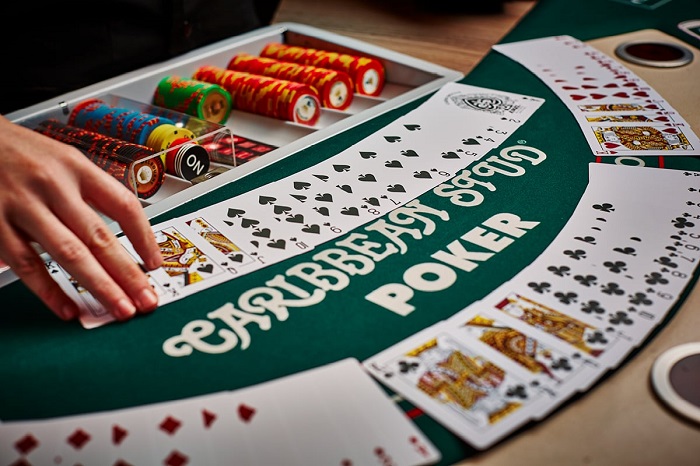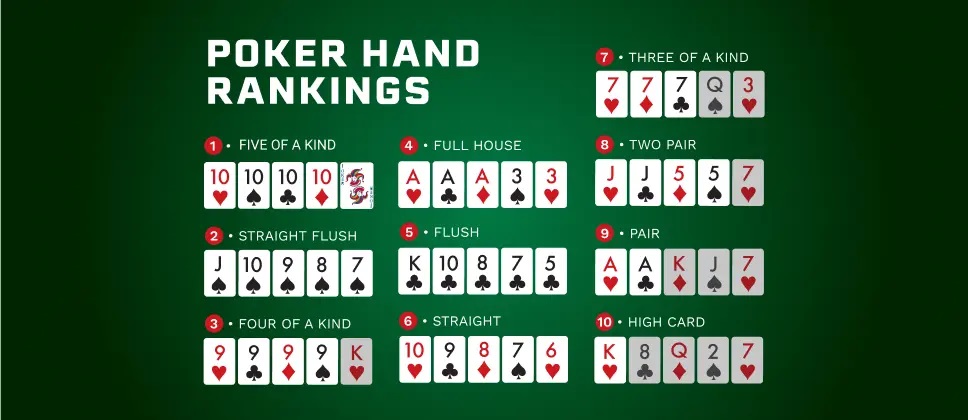
Welcome to the World of Stud Poker
Stud Poker, a classic variant of poker, offers a blend of strategy, skill, and luck, making it a favorite among card game enthusiasts. This beginner’s guide will walk you through the fundamentals of Stud Poker, ensuring a solid foundation for your poker journey.
Understanding the Basics of Stud Poker
Stud Poker differs from the popular Texas Hold’em as players receive a mix of face-down and face-up cards. It’s essential to understand the structure of the game, which typically involves multiple betting rounds.
One of the most popular versions is Seven-Card Stud, where each player is dealt seven cards throughout the hand, but only the best five-card hand wins at showdown.
Stud Poker requires players to pay close attention to the visible cards of their opponents, making it a game of keen observation and strategy.
Mastering the Betting Rounds in Stud Poker
Betting is integral to Stud Poker, with each round offering a chance to bet, check, call, raise, or fold. The game usually starts with an ante, followed by several betting rounds interspersed with card deals.
It’s crucial to understand when to make strategic moves like folding or raising. Good judgement in betting can significantly increase your chances of success.

Developing Winning Strategies
Winning at Stud Poker involves more than just luck. Developing a strategy based on observation of opponents’ cards and betting patterns is key.
Effective hand selection is critical. Starting with strong cards can give you a significant advantage as the hand progresses.
Bluffing can be an effective tool in Stud Poker, but it’s important to bluff wisely. Observing your opponents’ reactions to different situations will help you decide when to bluff.
Practical Tips for Stud Poker Beginners
As a beginner, it’s important to start at low-stakes tables to gain experience without risking too much. Pay attention to every hand played, even when you’re not in it, to learn from others’ strategies.
Managing your bankroll is crucial. Only play with money you can afford to lose, and avoid the temptation to chase losses.
